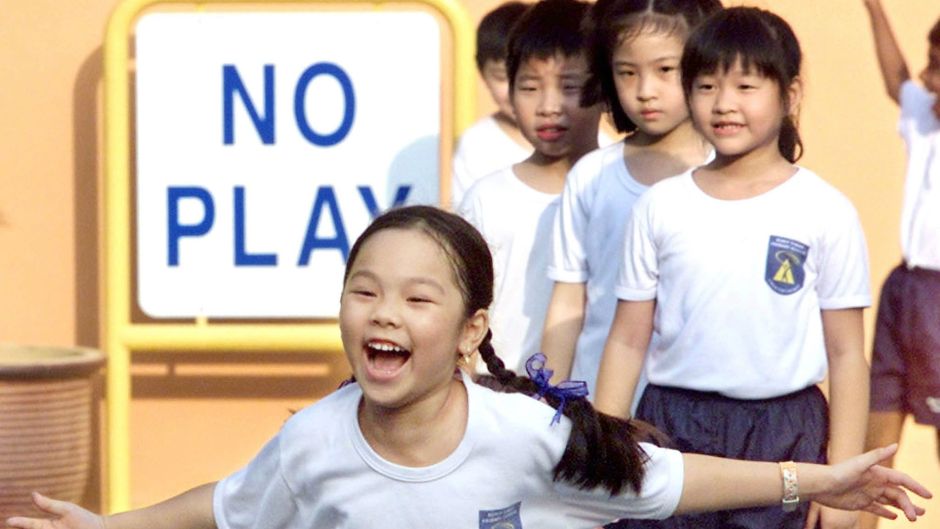Global Programme for International Student Assessment
Posted On : Monday, 12th December 2016
Singapore has topped the global Programme for International Student Assessment (PISA) rankings in math, science, and reading while countries including Australia, France and the UK sit in the bottom batch of OECD countries for achievement in these areas.
So what is Singapore doing right, and do other countries want to emulate it?
Clearly there are things to learn. Singapore has invested heavily in its education system. Its teachers are the best and brightest, and it has developed highly successful pedagogic approaches to science, math, engineering, and technology (STEM) teaching, such as the Maths Mastery approach.
Culturally, Singaporeans have a strong commitment to educational achievement, and there is a national focus on educational excellence. Success in PISA rankings and other global league tables are an important part of the Singapore brand. Singaporean academic Christopher Gee calls this the educational arms race. Highly competitive schooling is the norm.
The role of private tuition (private tutors and coaching colleges) and the part it plays in the overall success of students in the tiny city-state. Singapore’s Primary School Leaving Exam (PSLE) is a seriously high-stakes exam that determines not just what high school a child will enter, but whether a child is streamed into a school that will fast track him or her to university. Singaporeans do not have an automatic right to enroll their children into the local high school.
All high schools are selective and the best schools have the pick of the PSLE crop. Primary students are streamed into four types of high school: the top ones feed students direct to university via the A-Level exams, while the bottom technical and normal stream schools feed into the institutes of technical education and polytechnics, with a much more complex pathway towards university.
While there is much to genuinely admire about Singapore’s educational success story, there is a question about the role of private enterprise (private coaching colleges) in shaping childhoods and stoking parental anxieties. A potential concern when private tuition reaches this saturation point is that schools come to assume the level of the coached child as the baseline for classroom teaching.
Singaporeans have a term for this pathology: “Kiasu,” which means “fear of falling behind or losing out.” Policymakers and indeed reporting, needs to be cognizant of exactly what produces these outlying educational success stories. This is not to argue Singapore’s success is entirely due to out of school coaching. Singaporean schooling excels on many fronts. However given the levels of private tuition, it needs to be seen as a key part of the mix.
Post Your Comments for this Blog Post
Blogs
South India spends most on higher education
How to pass exams when there is no time to revise?
Research proven tips for increasing childs IQ
How to pursue a course in Australia?
The Ultimate Student Guide For Surving Final Exams
How to crack UPSC Civil Services interview round?